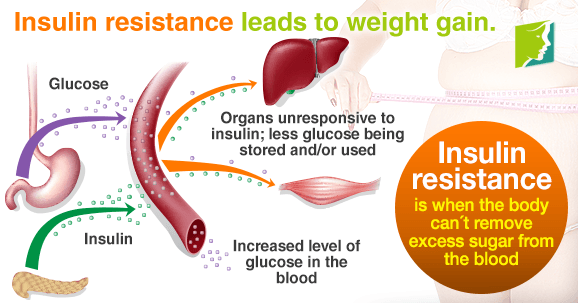Gaining weight can be frustrating, and it can be even more so when you are trying to work your way through menopause and all of its associated symptoms. Gaining a little bit of weight is a natural part of getting older, but being overweight or obese can lead to serious health conditions. However, by figuring out exactly what caused your weight gain you can do a better job losing weight and becoming healthier.
About Weight Gain during Menopause
Women tend to gain around 12 - 15 pounds on average between the ages of 45 and 55 - the period in life when menopause occurs for many women. Body fat also tends to redistribute itself around the midsection, which can exacerbate any weight gain.
Being overweight or obese can increase your risk of developing:
- High cholesterol
- Sleep apnea
- High blood pressure
- Insulin resistance (pre-diabetes)
- Osteoarthritis
- Kidney disease
- Heart disease and stroke
- Breast cancer
However, losing weight and leading a healthy lifestyle can help lessen your risk for these conditions.
Causes of Weight Gain in Menopausal Women
While overeating, an unhealthy diet, and a lack of exercise are usually the main reasons for weight gain, weight gain during menopause can also be caused by:
- Drop in estrogen. During menopause, the estrogen levels in women's bodies drop. This causes fat to redistribute around the abdomen, which can make women feel like they have gained weight.
- Slower metabolism. People naturally lose muscle mass and gain fat mass as they age. Fat needs fewer calories to sustain itself than muscle does. This means that people who have less muscle mass and more fat mass need fewer calories, which causes people to have a "slower metabolism."
- Insulin resistance. Insulin resistance is becoming more common in the Western world, but it is still a dangerous precursor to diabetes. It means that the body has become desensitized to its job of removing excess sugar from the blood. This, in turn, leads to high blood sugar, weight gain, and a host of other potentially serious problems.
- Stress. Stress encourages the body to produce cortisol, a hormone that then tells the body to store calories instead of burn them. If you are constantly stressed, your stress may have physiological symptoms such as weight gain.
A healthy diet and regular exercise should help combat weight gain during menopause. If you are worried about your weight gain, it is a good idea to consult a doctor who can offer you more guidance about losing weight and relieving menopausal symptoms.
Sources
- Davis, S.R. et al. (2012). Understanding weight gain at menopause. Climacteric, 15(5), 419-429. doi: 10.3109/13697137.2012.707385
- Northrup, C. (2001). The Wisdom of Menopause: Creating Physical and Emotional Health During the Change. New York: Bantam Dell.




